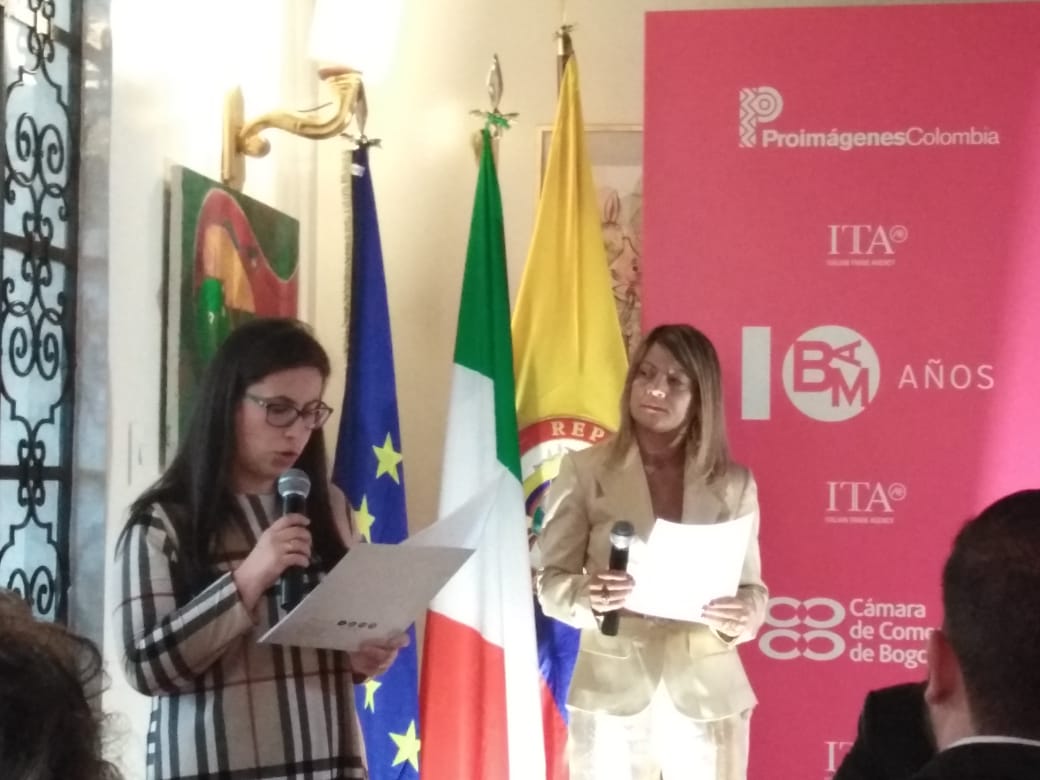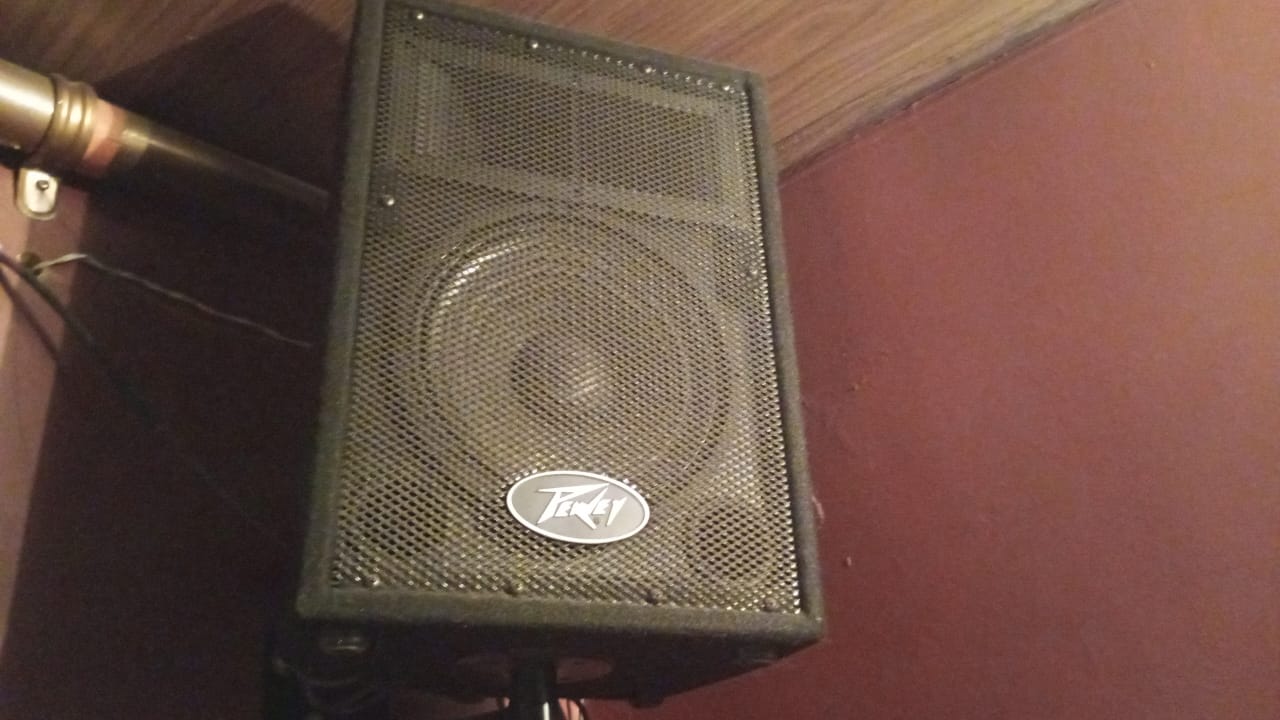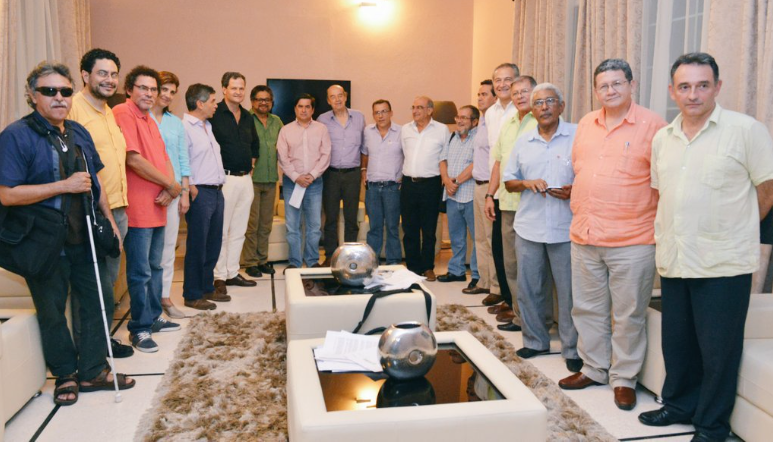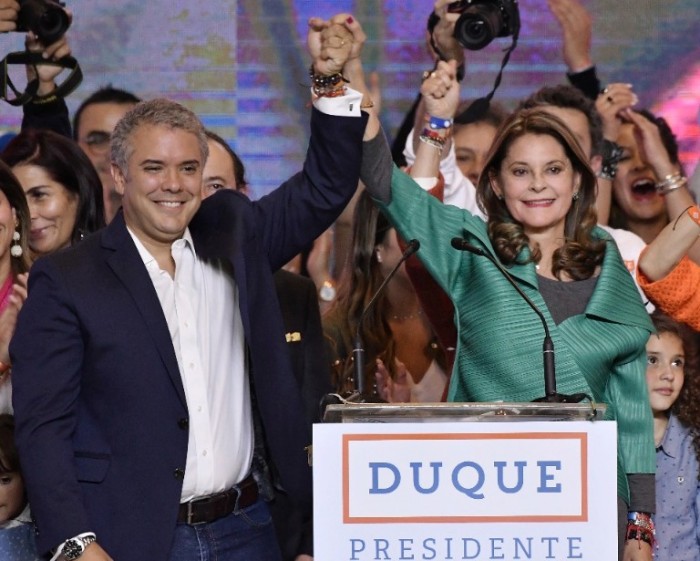Amidst the burgeoning immigration crisis from neighboring Venezuela, Colombian authorities have decided to install electronic passport readers at seven border posts between the two countries in a bid to curb lax immigration.
In an effort to curtail rampant illegal immigration along the porous border, these “e-readers” will scan passports and visas in an effort to check validity of the documents. The machine then authorizes or denies entry and the migrant moves on to the next step.
Colombian president Juan Manuel Santos has been under pressure to curtail illegal immigration, and two weeks ago, he announced a new plan to temporarily halt the issue of day-passes for Venezuelans, as well as deploying 3,000 new security personnel at the border.
Since the implementation of the new security measures, daily immigration at all checkpoints fell from 48,000 people per day to 35,000 people per day.
The crisis has only deepened for Venezuela over the last few months, as migrants flee hyperinflation and rampant crime in what has been deemed, “Latin America’s worst-ever refugee crisis.” With almost a million people fleeing the country since 2012, it is the largest human displacement in Latin American history.
Hugo Chávez led the Bolivarian Revolution in a democratically-elected takeover of the Venezuelan government just before the turn of the millenium. Chavez’s “Bolivarian” politics (which only relate to the revolutionary Simón Bolivar in name) consist of a vehemently anti-imperialist bent, participatory democracy, economic self-sufficiency, nationalistic patriotism, equal distribution of resources, and the elimination of corruption.
Chávez nationalized industry and distributed the enormous profits from Venezuela’s oil rezerves, which are the largest in the world, throughout various social programs. The poverty rate halved, as did the unemployment rate. Income per capita doubled, education improved, and infant mortality lowered.
Unfortunately, violent crime increased significantly. Chávez instituted various controversial criminal reforms, which included releasing thousands of violent criminals into the streets. Kidnappings and homicide skyrocketed under his tenure, and criminals in prisons had easy access to alcohol, drugs, and weapons.
The yoking of the Venezuelan economy on one sole resource, namely oil, had grave consequences for the country. Chávez died of cancer in 2013, and his handpicked successor, Nicolas Maduro, lacked the authority and charisma that his predecessor had. He was also unlucky enough to rule at a time when oil prices fell drastically. The fate of the petrostate that failed to diversify its income was one of total economic collapse.
Venezuela’s over-reliance on oil exports as well as over-regulation of currency have caused the world’s worst hyperinflation rate. As the currency weakens, prices on goods rise, which has created a devastating shortage of goods throughout the country. Shortages of food and medicine has created a healthcare crisis in the country.
In a poll released earlier this week, a staggering 90% of all Venezuelans say they do not have the means to buy sufficient food – the government must subsidize almost the entire country’s meals – but these handouts are unpredictable and insufficient. 90 percent of Venezuelans live below the poverty line. 61 percent live in extreme poverty.
There seems to be no end in sight to the deepening crisis as Maduro strengthens his hold on his post by imprisoning the opposition and rigging elections. Protesters are jailed, beaten, and raped and hundreds of children have starved to death. Caracas is the murder capital of the world. Colombia, Brazil, and Guyuna now must deal with the fallout of a failed state on their doorstep.
All three countries have tightened border security in the last few weeks, but it does not seem to stem the flow of illegal migrants on the porous borders. Many migrants are finding work in Bogotá, where the rose industry has, for example, accepted thousands of workers.
Many are worried about rising crime rates, including drug smuggling. Many Venezuelans, in their desperate condition, have taken to joining the ELN, the Colombian leftist paramilitary group, with some being implicated in the coordinated attacks on police around Colombia earlier in February.
The insecurity in Venezuela threatens the security of her neighbors, but the humanitarian crisis is currently lacking a humanitarian response, as Maduro’s government continues to refuse aid from foreign countries.





